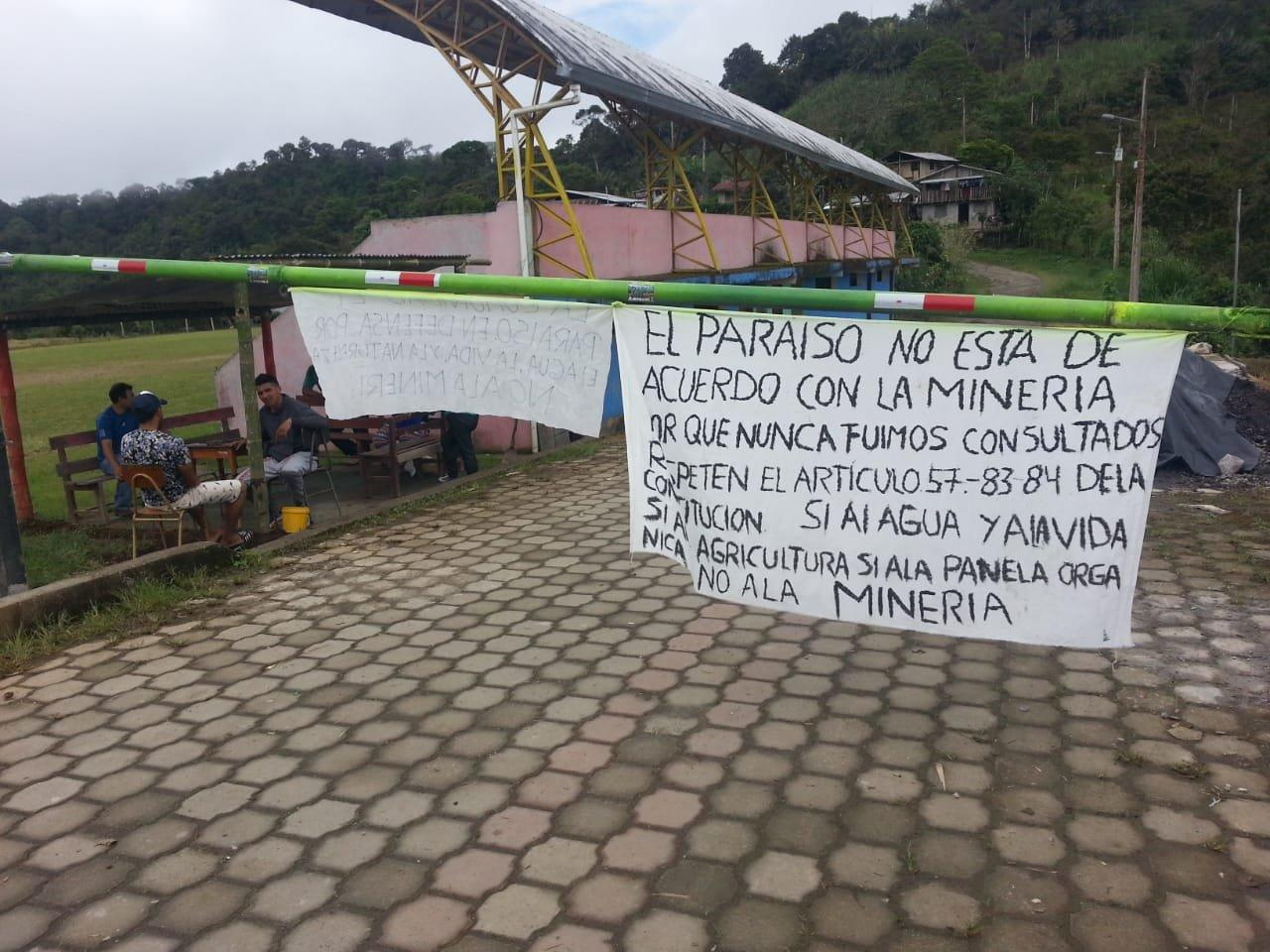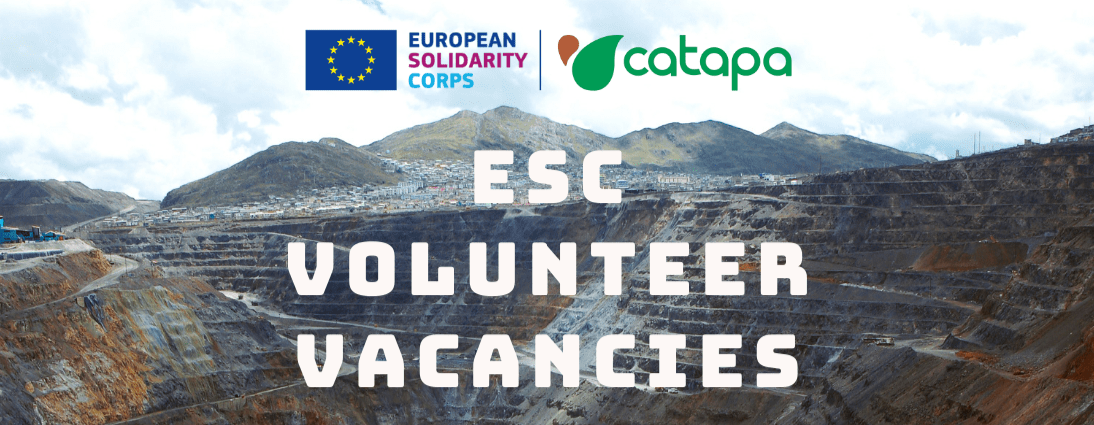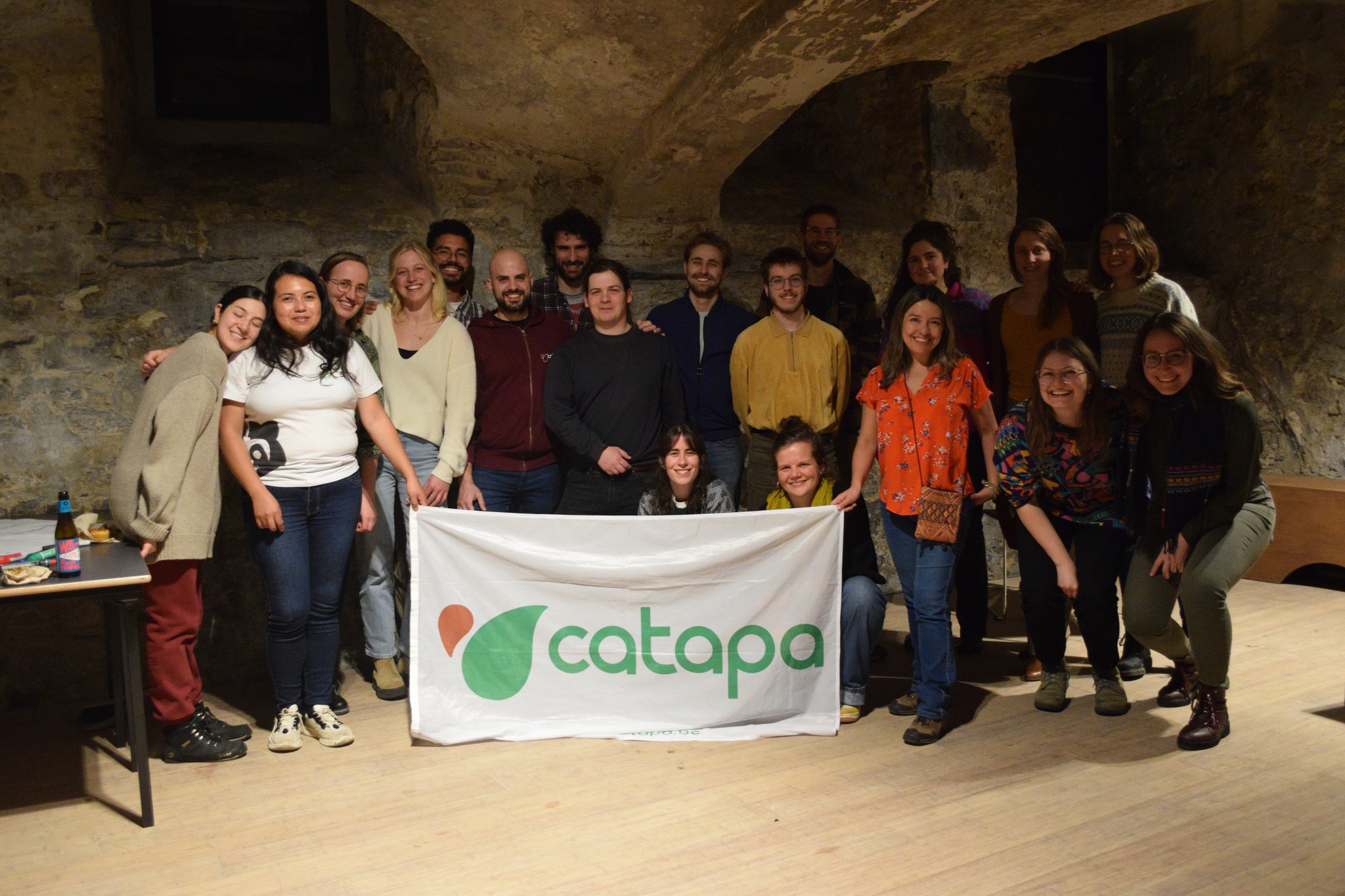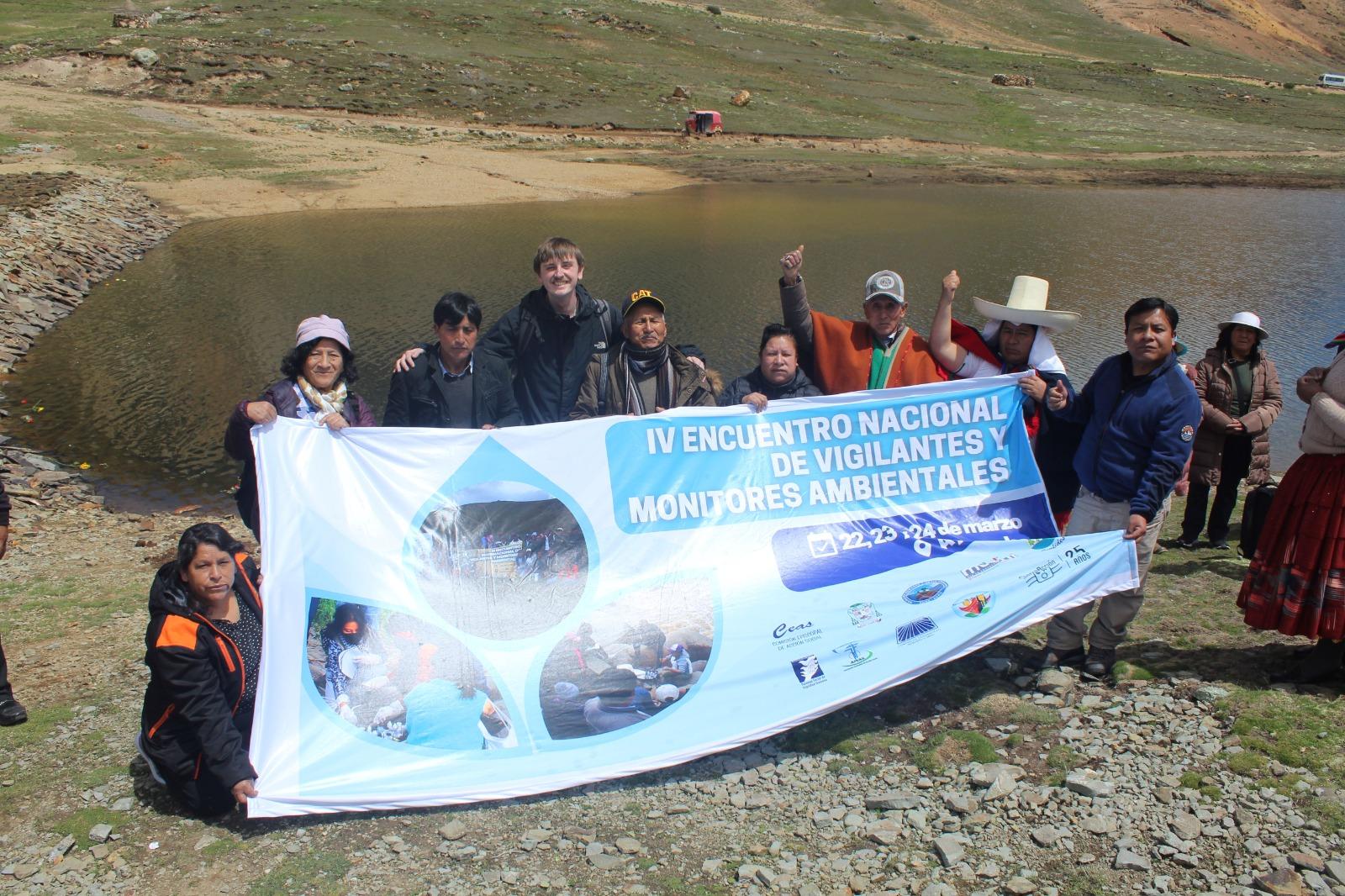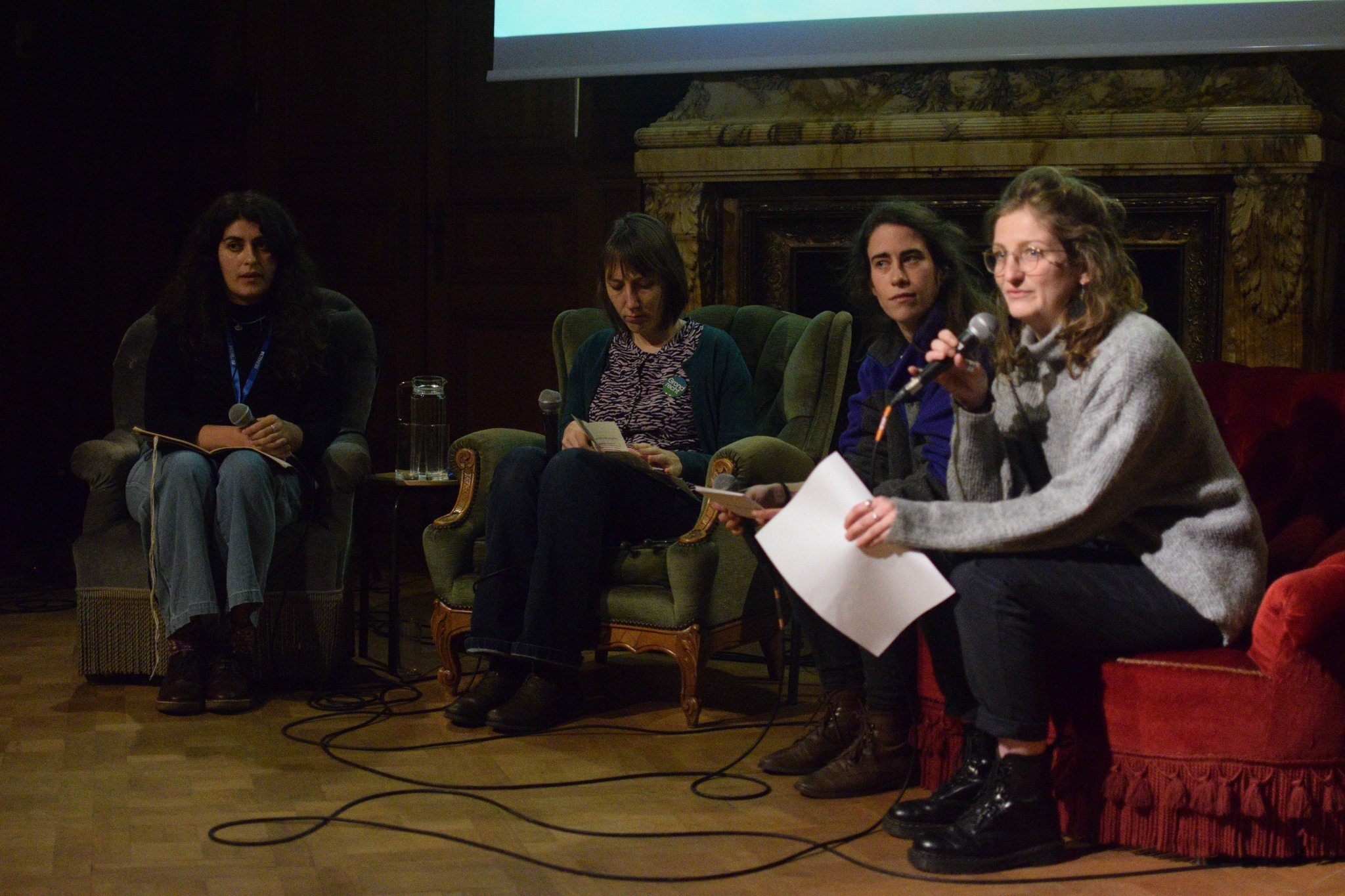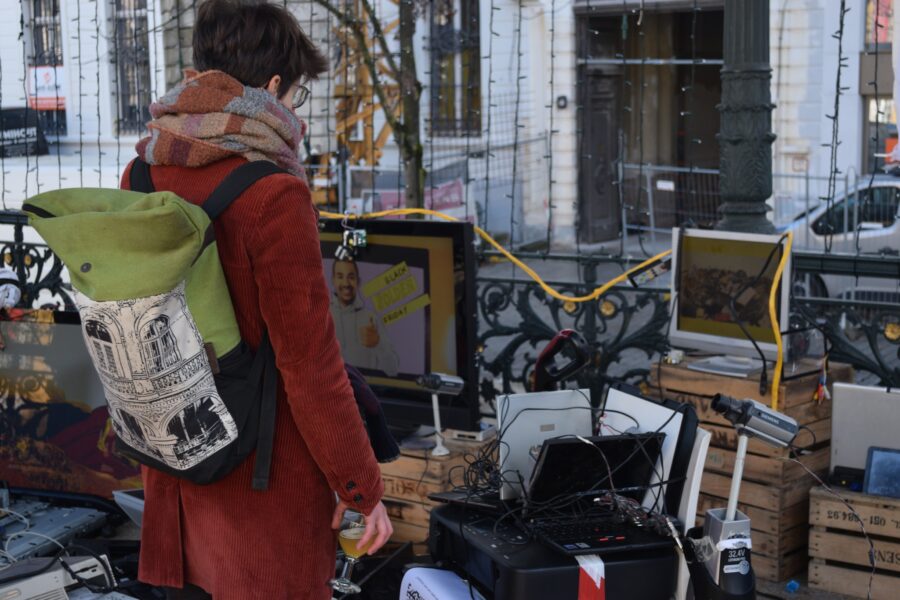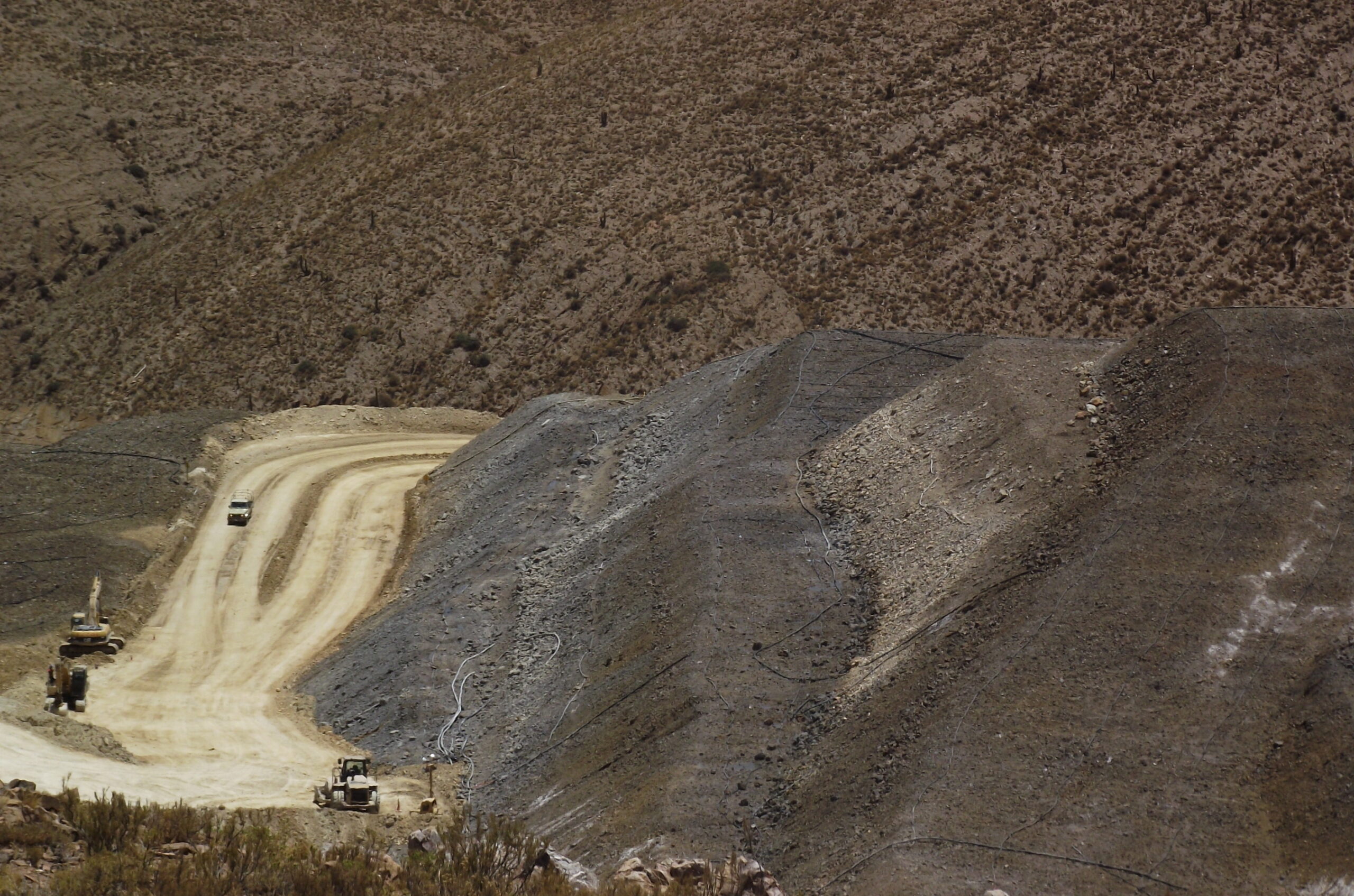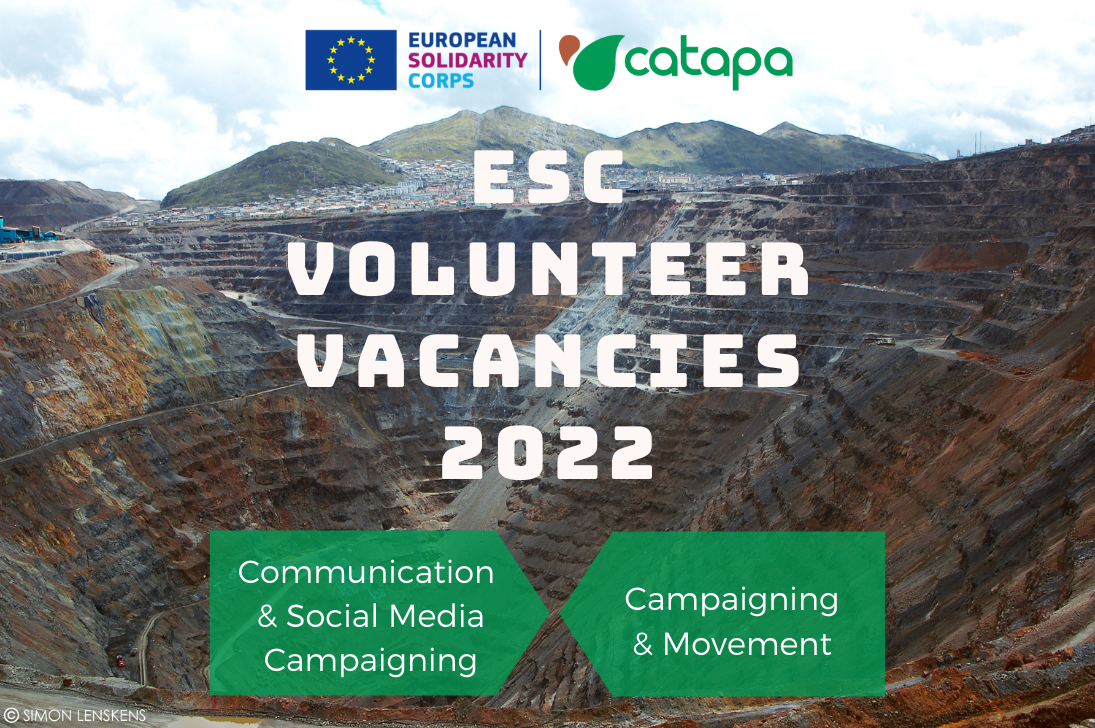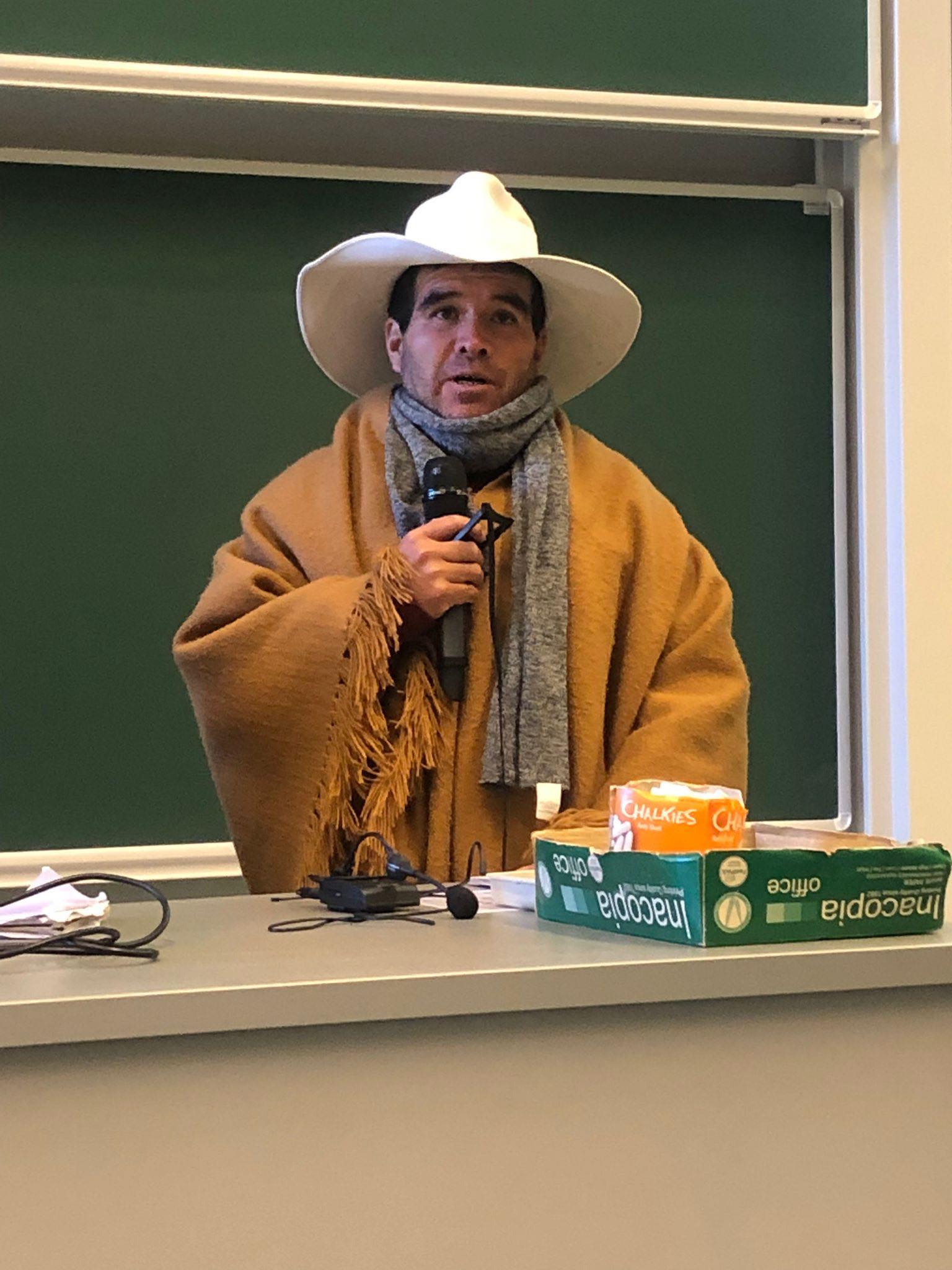DocVille cancels the screening of pro-mining documercial ‘Not in my country’
DocVille documentary festival cancels screening of pro-mining propaganda film ‘Not in my country’
- Docville cancelled the screening of ‘Not in my country’, a movie that criminalises local communities and activist that oppose destructive mining projects in their country
- The screening was cancelled under pressure of planned protest
- We call on everyone to listen to the voices of local communities and respect their right to refuse mining projects
Leuven documentary film festival DocVille cancelled the session ‘ethisch mijnen, kan dat?’ (ethical mining, is it possible?). The discussion would have been centered around the movie ‘Not in my country’, a documentary made by Peter Tom Jones, the director of the KU Leuven Institute for Sustainable Metals and Minerals. This piece of propaganda criminalises people protesting against lithium mining in Jadar, Serbia by Rio Tinto. It argues that they are puppets for the extreme right and the Kremlin.
The agenda is clear: Peter Tom Jones wants more mining in Europe and to accomplish that goal local communities fighting the destruction of their environment by mining need to be silenced and marginalized.
Criminalisation of activism
A recent opinion piece by Catapistas in De Standaard sums up the problems with Jones’ stance: “Jones suggests that climate activists form “unnatural alliances” with far-right groups. This is a dangerous and unjust framing, reminiscent of the way Indigenous and local communities worldwide are systematically criminalized when they resist destructive mining projects. The legitimate opposition of concerned local communities, whose immediate environment and way of life are threatened, is dismissed as extreme, unreasonable, or selfish. How can we speak of a fair debate when one voice is marginalized from the outset?”
It was clear that this movie was not a backdrop for a fair debate. You don’t preface a debate about PFAS, with a clip by 3M or a panel about arms ownership with a movie by the NRA. It doesn’t come as a surprise that people were planning to react to this events. Belgian academia and arts launched an open letter denouncing the neocolonial narrative of the movie. Marginalising voices wanting to defend their lands is indeed reminiscent of the way colonial powers tried to justify their exploitation. People in Barroso (Portugal) and Jadar (Serbia) had already voiced their anger at the screening of this movie. Together with different groups in solidarity, they were preparing to give the voice Jones is trying to marginalise a platform at the screening. People have the right to say no against mining on their lands.
Cancellation of the debate
We understand that DocVille aimed to foster a serene debate and, as a result, decided to cancel the screening of the documentary. The film has proven to be highly polarizing, and the criminalization of local communities understandably leads to outrage. Anyhow, CATAPA rejects any form of intimidation or violence.
However, we must not overlook the broader issue: communities worldwide that resist mining projects frequently face repression, violence, threats, and even murder. Organizations such as Amnesty International have extensively documented these human rights abuses. The very same corporations that this documentary seeks to defend are the ones silencing these communities and violating their right to free speech. We strongly condemn these tactics.
The documentary—referred to as a “documercial” in the open letter—unilaterally promotes the interests of Rio Tinto, a company with a troubling track record of human rights violations, environmental destruction, and internal misconduct, including cases of sexual violence and racism. Rio Tinto has been implicated in war crimes, the destruction of Indigenous sacred sites, and the dumping of toxic mining waste, such as cyanide. Given this background, it is not surprising that such a one-sided portrayal of the mining industry is met with resistance.
Furthermore, the close ties between the mining industry and certain academic institutions raise concerns about conflicts of interest. Research institutions, particularly those benefiting from EU-funded Horizon projects, often collaborate with industry players, leading to biased narratives that overlook alternative solutions. Rather than focusing solely on increased mining, we should prioritize material reduction, efficiency, recycling, and urban mining—strategies that receive far too little attention. The claim that there is “no alternative” to large-scale mining in the EU is not only misleading but also politically motivated.
We call on everyone to listen to the voices of local communities, respect their right to refuse mining projects, and foster a truly open and democratic debate—one that is not dictated by corporate interests but by genuine concern for social and environmental justice.




